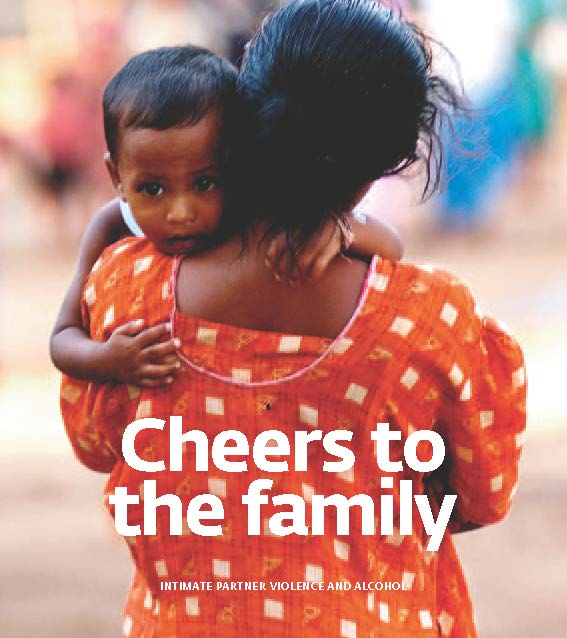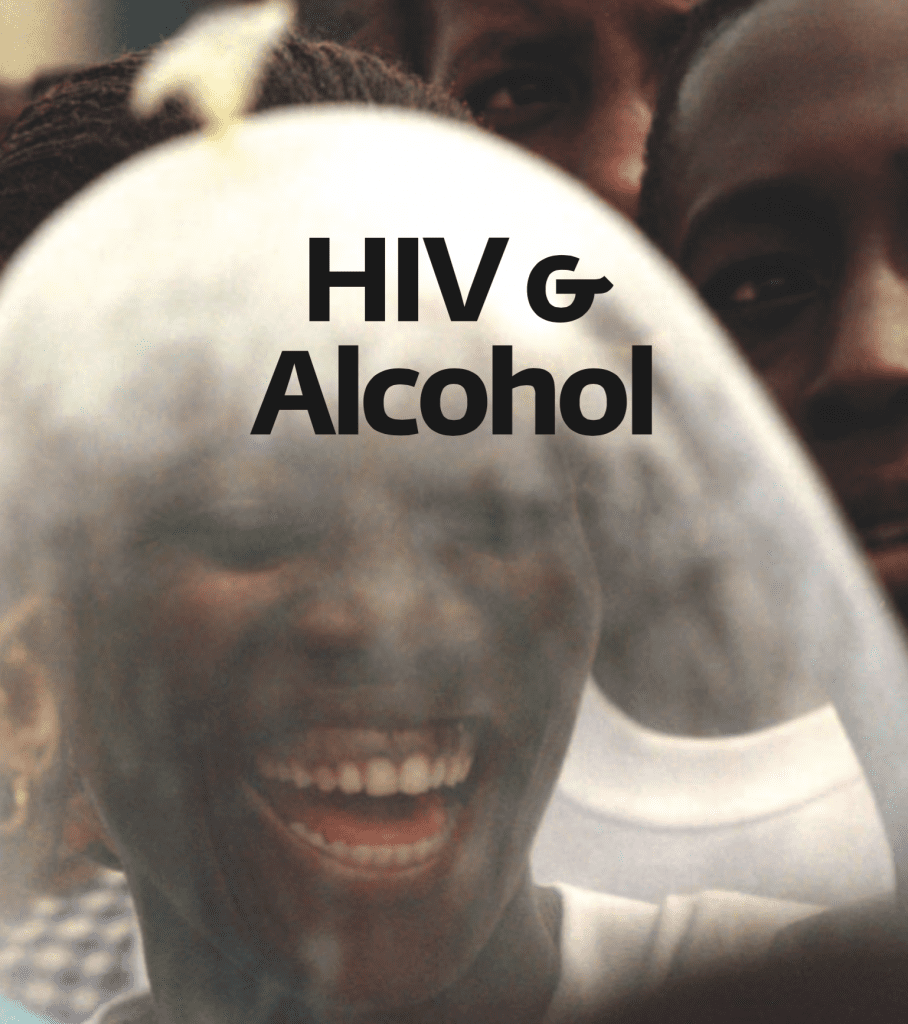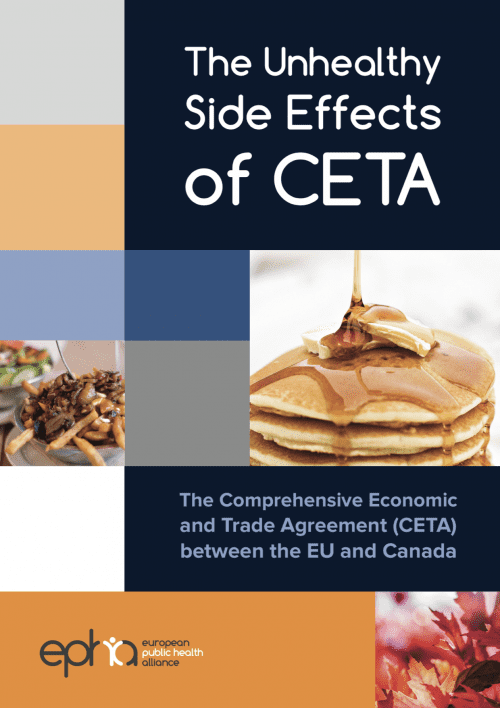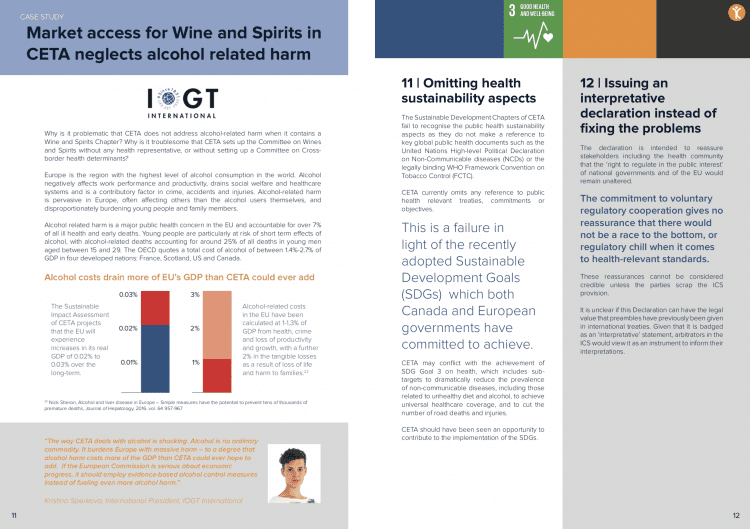CHILDREN OF PARENTS WITH ALCOHOL PROBLEMS
Towards an alcohol-free childhood
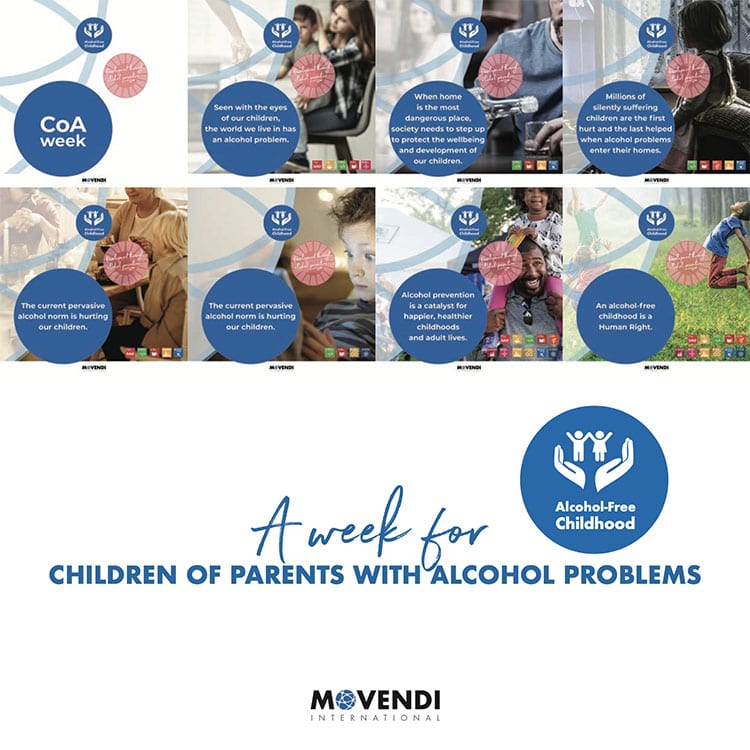 Alcohol harms children and young people dis- proportionately. Children suffer from neglect, maltreatment, poor mental and physical health, academic difficulties and violence perpetrated by adults, often parents, due to alcohol.
Alcohol harms children and young people dis- proportionately. Children suffer from neglect, maltreatment, poor mental and physical health, academic difficulties and violence perpetrated by adults, often parents, due to alcohol.
Evidence shows that younger age increased the risk to experience alcohol harm due someone else’s alcohol consumption.
This booklet provides state-of-the-art facts and explanations of the situation children of parents with alcohol problems in particular and alcohol harm affecting children in general.
This booklet contains 7 key messages.
Children of Alcoholics
Hidden Human Rights Crisis
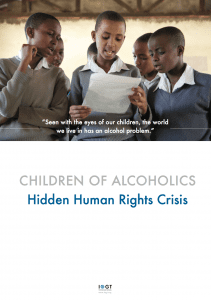 This booklet analyses the Universal Declaration of Human Rights (UDHR) from the vantage point of the harms that children of alcoholics are exposed to due to their parents’ alcohol problems.
This booklet analyses the Universal Declaration of Human Rights (UDHR) from the vantage point of the harms that children of alcoholics are exposed to due to their parents’ alcohol problems.
The analysis shows that for children of alcoholics, eight fundamental rights enshrined in the UDHR are being violated, as a consequences of their parents’ alcohol problems.
All Right(s)!
Youth rights in alcohol culture

A booklet putting alcohol related harm into the context of the Universal Declaration of Human Rights.
Alcohol culture in gender zoom
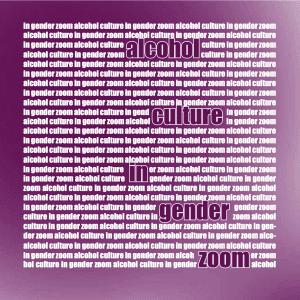 This booklet provides an overview about the relation between gender and alcohol culture.
This booklet provides an overview about the relation between gender and alcohol culture.
Does the current culture shape the gender roles in the society? Or do our gender roles create the alcohol culture.
This booklet provides food for thought combining theory, evidence and discussion questions.
SaveSave
SaveSaveSaveSave
SaveSave
SaveSave
SaveSave
SaveSave
SaveSave
SaveSave
SaveSave
SaveSave
SaveSave
SaveSave
SaveSave
SaveSave
SaveSave
SaveSave
SaveSave
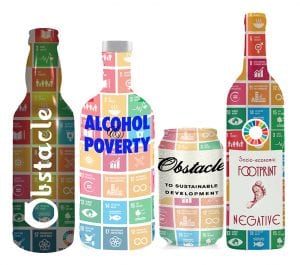
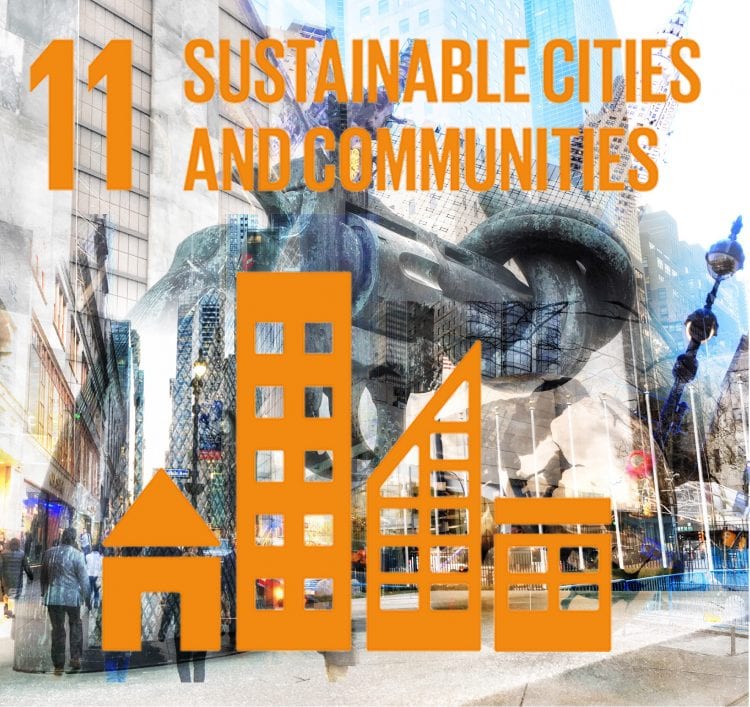
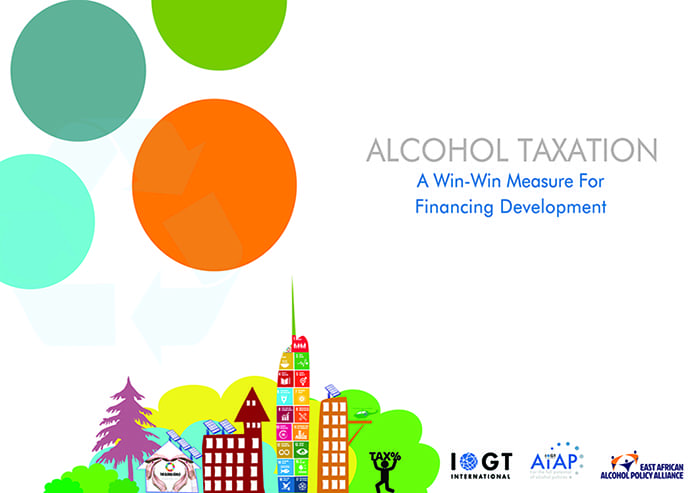

 The average age of the world population is rising. It is expected that the percent- age of the world’s population over 60 years of age will double by 2050. As a natu- ral consequence of aging, the human body becomes more vulnerable to disease.
The average age of the world population is rising. It is expected that the percent- age of the world’s population over 60 years of age will double by 2050. As a natu- ral consequence of aging, the human body becomes more vulnerable to disease.




